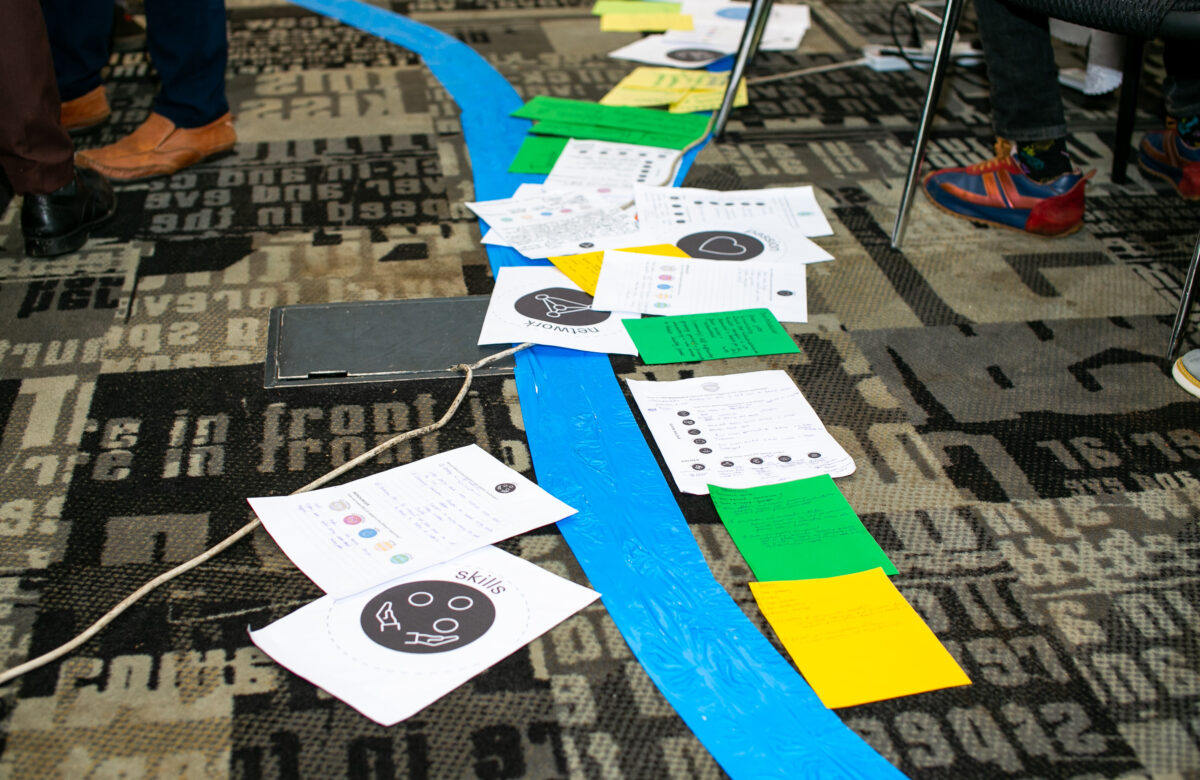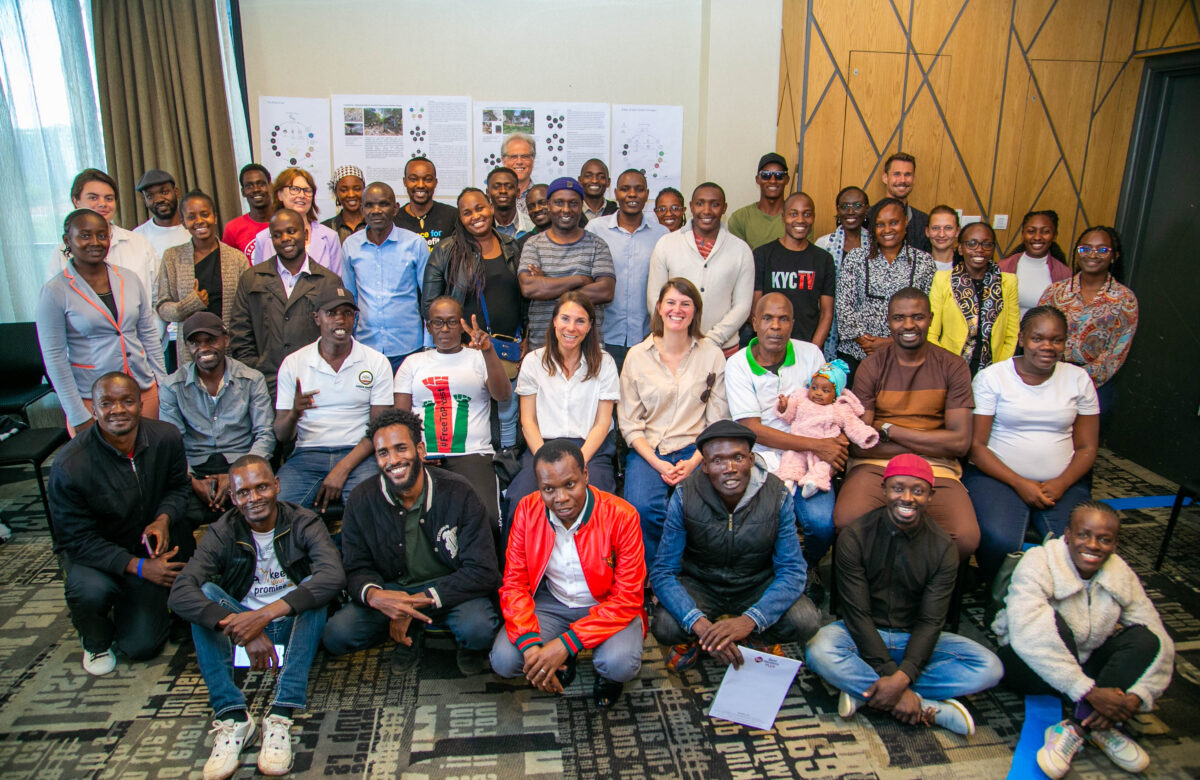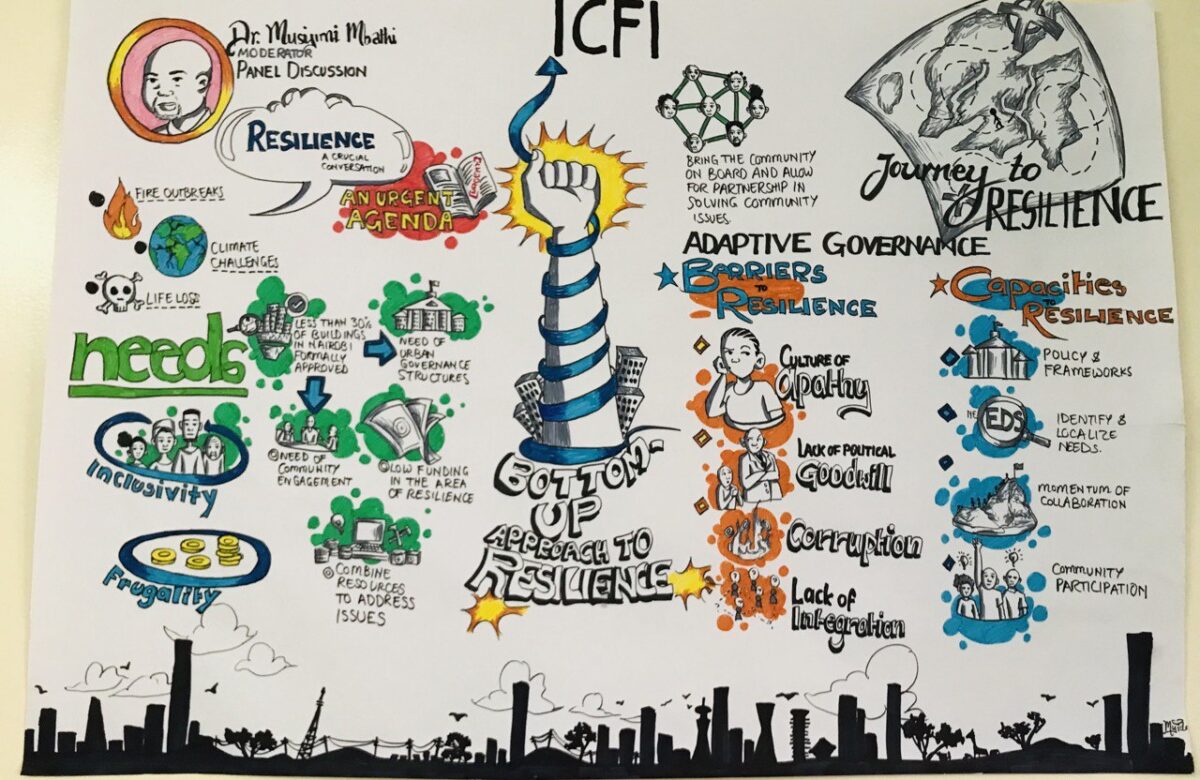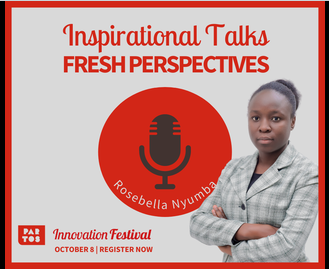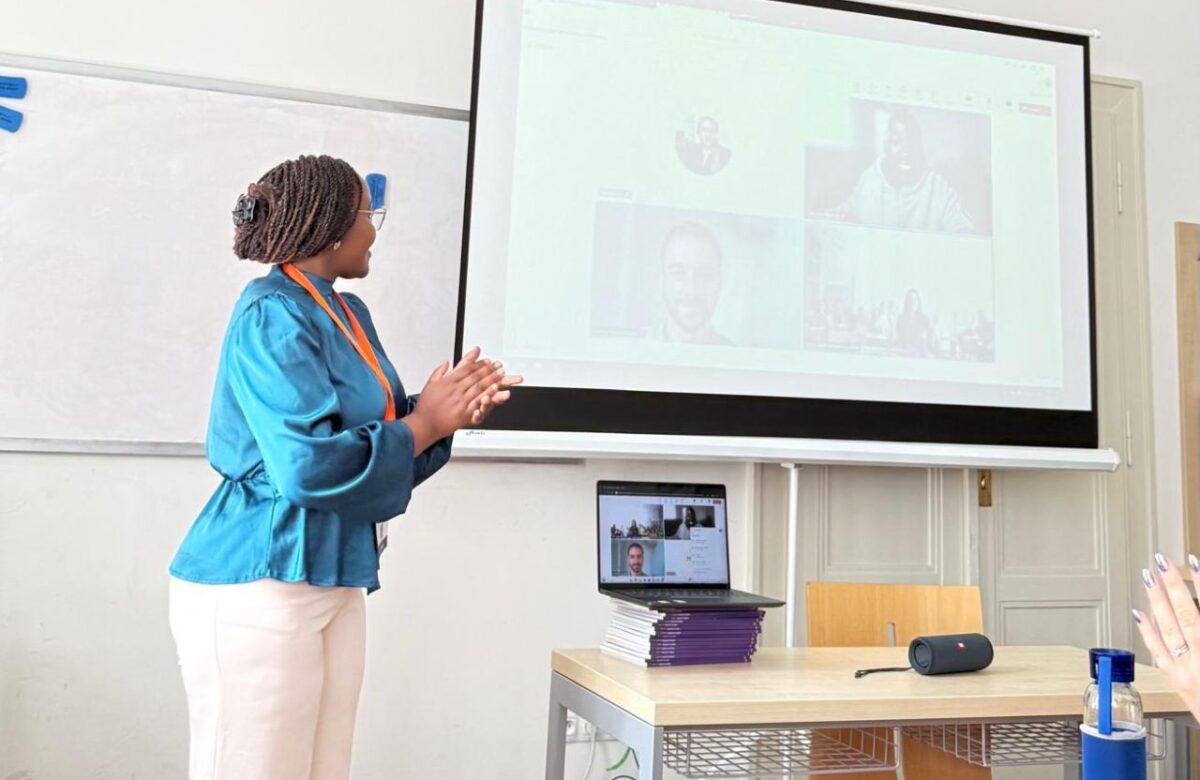The Dynamics of Informal Electricity Demand in Informal Settlements in Kenya: A Systems Thinking Approach
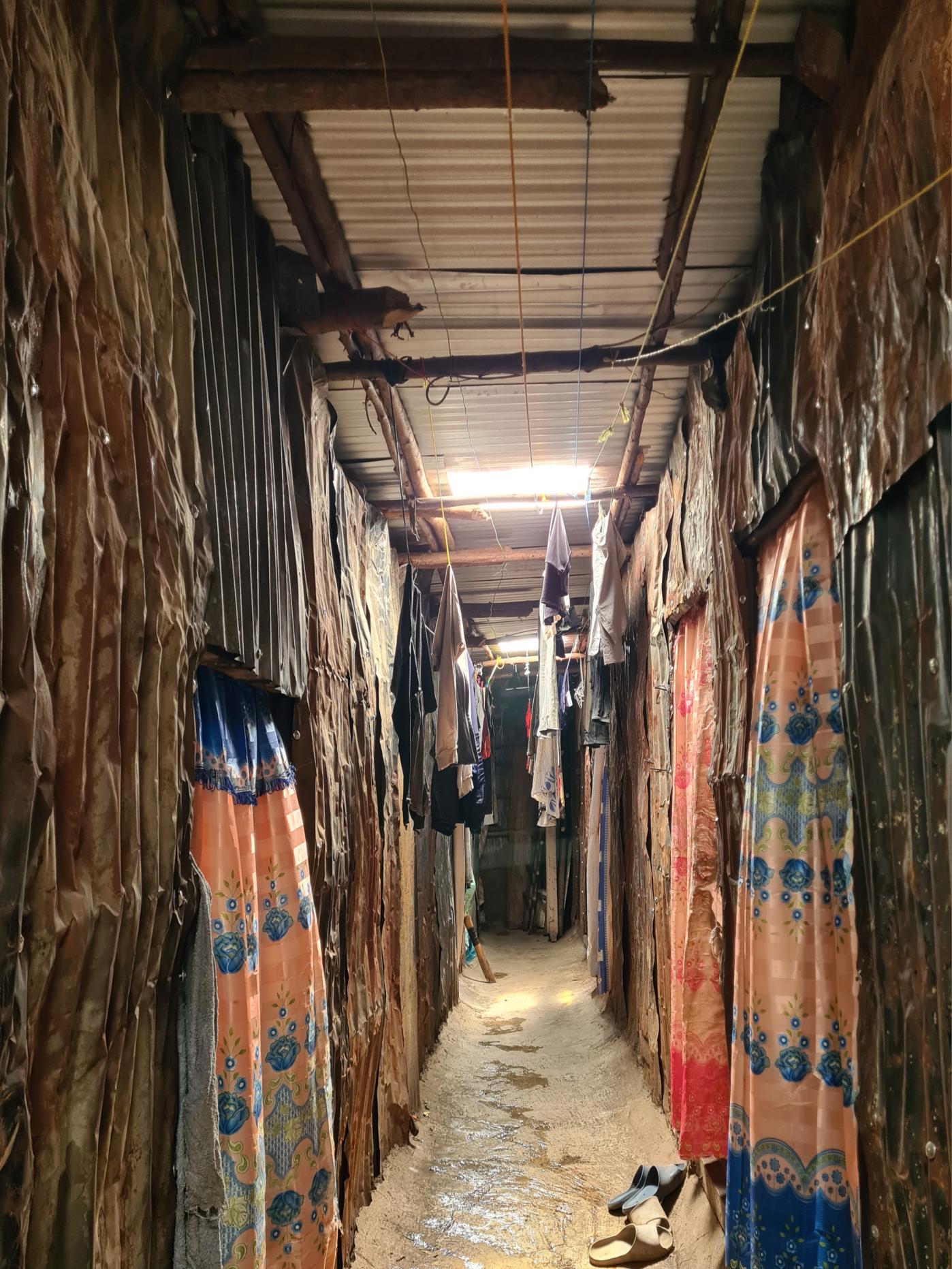
In Kenya’s informal settlements, electricity access remains a persistent socio-technical challenge shaped by the tension between the national utility’s push for formal connections and the entrenched presence of informal electricity providers, often called cartels. These informal suppliers offer affordable, flexible power tailored to residents’ needs, but unstable wiring and safety risks such as fires, electrocutions and unstable supply pose significant threats. Efforts from government, the utility and development partners, such as the World Bank, have aimed to increase electricity access rates and ensure affordability. However, many residents remain stuck in a cycle of exclusion, high costs, and distrust. This creates a situation presenting complex social dynamics and opportunities.
The methodology of Systems Thinking focuses on systemic interconnections, root causes, and stakeholders’ experiences. Using a systems tool called Causal Loop Diagrams (CLDs), the study aimed to highlight and map the feedback mechanisms (vicious and virtuous cycles) perpetuating the situation across socioeconomic, technical, and policy dimensions. To explore and validate these interconnected issues with key stakeholders, UCL, in partnership with Nuvoni Centre for Innovation Research, hosted a workshop in September at the Safari Park Hotel & Casino in Nairobi. The research was supported by the Climate Compatible Growth (CCG) programme.
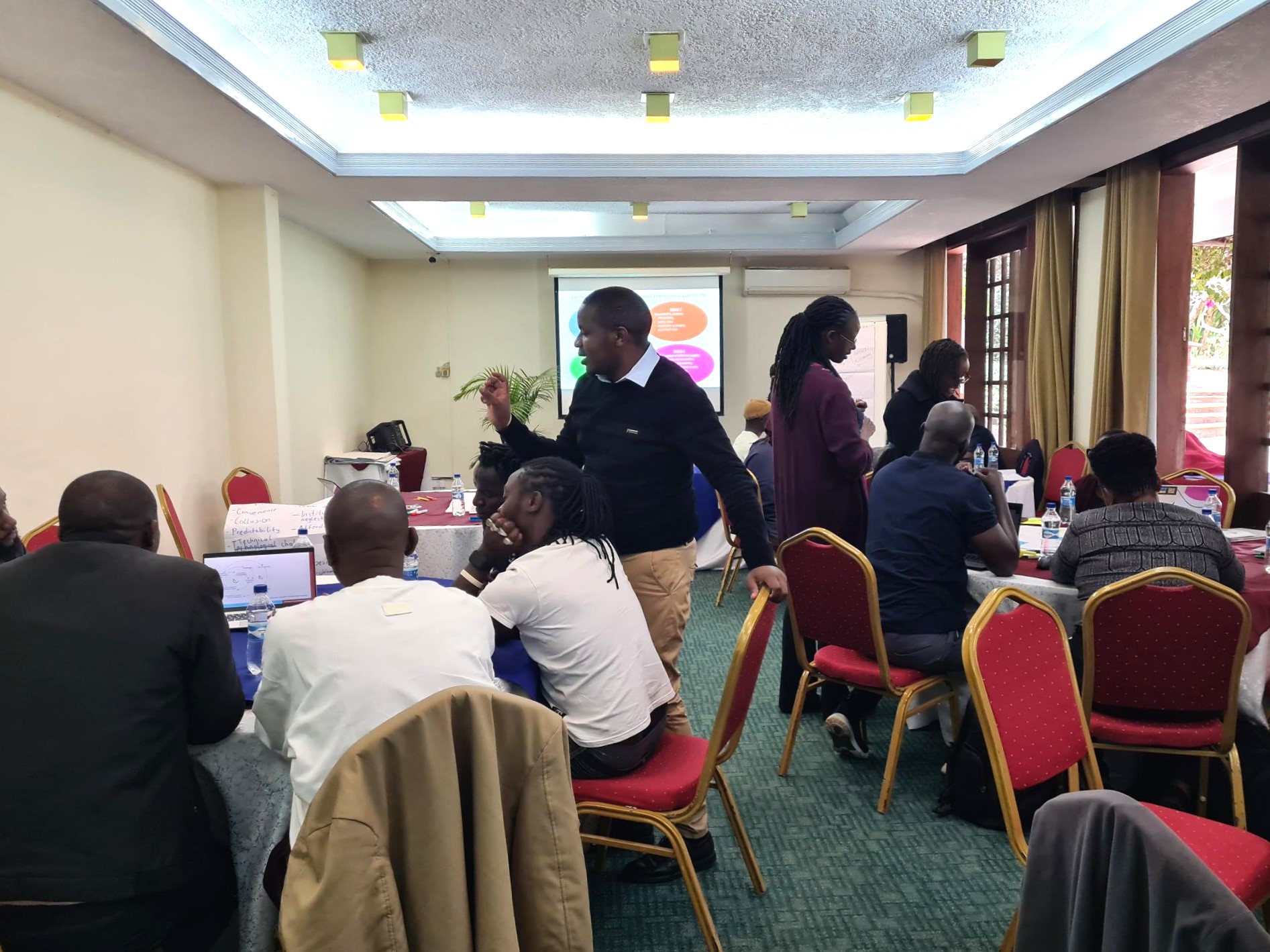
Co-facilitated by Dr. Brunilde Verrier (UCL), Dr. Elsie Onsongo and Mourice Kausya (Nuvoni), the workshop brought together over 25 stakeholders, including representatives of Kenya Power, policy makers, researchers, community members, community-based organizations, development partners, and informal energy service providers. The day blended presentations, breakout discussions, and participatory mapping to validate research findings and map the root causes of informal demand, creating a space where all participants were able to share their own perspectives. During the opening session, Kenya Power, community leaders, the Mathare-Special Planning Area Research Collective (MSPARC), and the research team set a collaborative tone. Dr. Verrier outlined objectives including validating preliminary findings on marginalization and policy impacts, refining causal insights, and using systems thinking to foster collaborative solutions, with a focus on translating complex electricity dynamics into visual story maps.
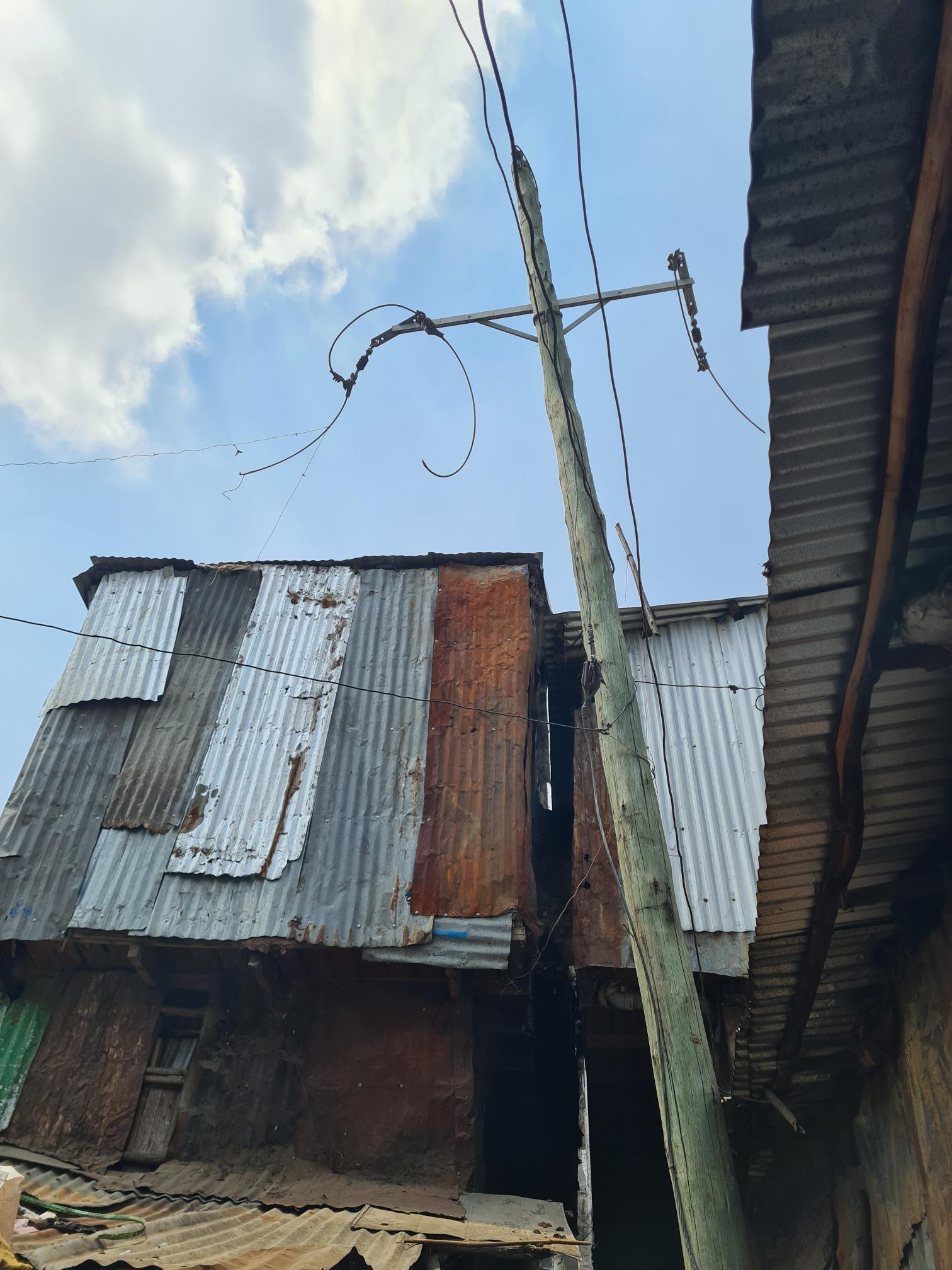
Interactive sessions exposed deep tensions. Community members highlighted the severe impact of punitive policies, such as Kenya Power’s removals of transformers to deter illegal connections. This action had left one area in darkness for over five years, disrupting livelihoods and exacerbating the demand for informal electricity connections.
A consensus emerged that curbing illegal connections requires collaboration, integrating community input with utility efforts to address vandalism and exclusion. In the afternoon, systems thinking was used to frame informal settlements as self-organizing systems with interconnected feedback loops linking people, policies, and infrastructure. Using CLDs as story maps, the participants refined and enhanced the illustration of cycles such as exclusion reducing policy effectiveness, community coping strategies normalizing informal risks, and revealing traps such as policy resistance where quick fixes deepen problems.
The workshop concluded with reflections on the day’s insights and further steps. Key insights included the acknowledgment that informal cartels thrive not just on affordability but on deep community trust, often filling voids left by formal systems. The response from community members also highlighted a history of systemic barriers like exclusion and misaligned incentives. Kenya Power’s acceptance of partial responsibility marked a pivotal shift, suggesting potential for joint efforts to break these cycles. The workshop introduced participants to systems tools enabling the articulation and communication of their lived realities. It provided a shared space for interdisciplinary dialogue and collaboration, and helped illuminate potential pathways forward by prioritizing contextual understanding and identifying vicious cycles and high-leverage areas for resilient change. Participants agreed that similar multi-stakeholder conversations should be sustained to continue building shared insight and momentum. Community representatives expressed interest in continued engagement with Systems Thinking, particularly in the use of systems tools and communications strategies that highlight systemic issues and are tailored to the needs of informal settlement communities. They also recognised the potential of quantified systems modelling and user-friendly interfaces to foster mutual understanding among different stakeholders. Following the workshop, UCL researchers Brunilde Verrier and Emma Richardson had the opportunity to visit the informal settlement of Mathare, facilitated by the community-led organisation Ghetto Foundation. The visit provided rich contextual depth to complement and enhance the insights generated during the participatory workshop.
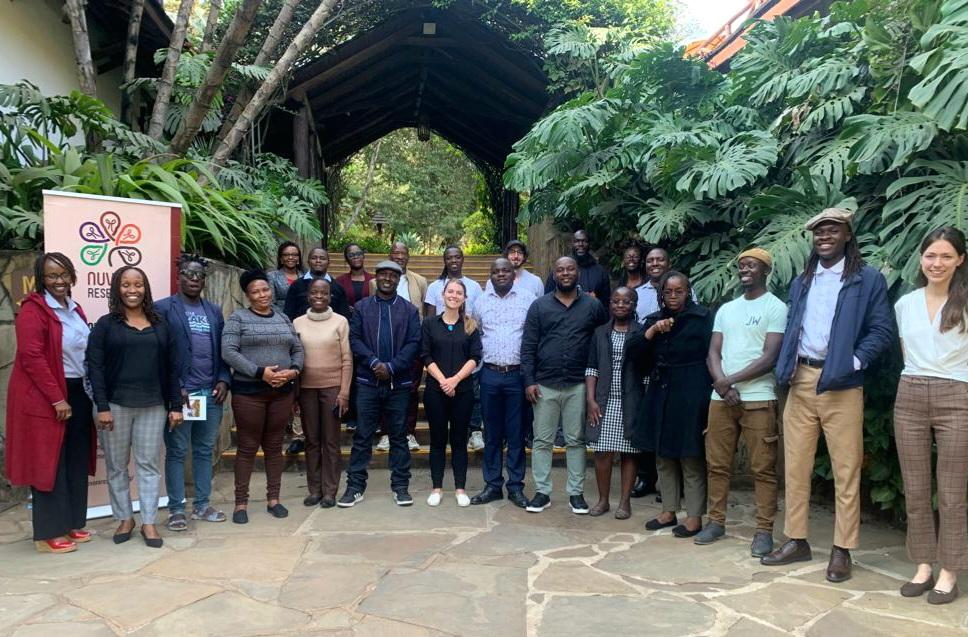
Story by:, Mourice Kausya and Dr. Brunilde Verrier
Other contributors: Ann Njuguna, Julia Tomei, Pietro Lubello, Emma Richardson, and Steve Pye Steve Pye
Related News
Physical Address
No. MK088, Ushindi West Avenue,
Mukuyu Rd (Mukuyu West Wing), Thome 1
Nairobi, Kenya
Organization
Subscribe for newsletter & get news, events and publications updates
Contact Us
Office Tel: (+254) 20 8009928 |
Mobile: (+254) 706 324 467
© 2026 Nuvoni Research

